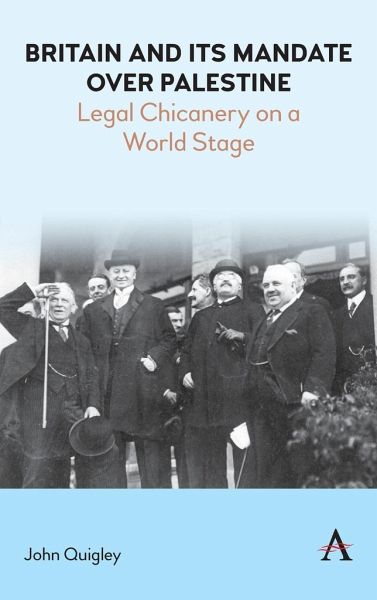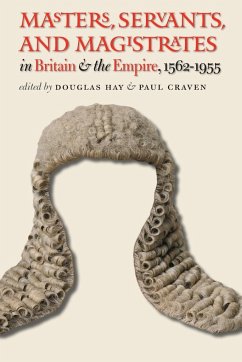
Britain and Its Mandate over Palestine
Legal Chicanery on a World Stage

PAYBACK Punkte
65 °P sammeln!
When Britain took control of Palestine from the Turkish Ottoman Empire in World War 1, it tried to find a way to gain a legal right both to govern Palestine and to facilitate a Jewish national home there. It never found one. As a result, the changes it brought about in Palestine lack a legal basis.










![The History of Lloyd's and of Marine Insurance in Great Britain [1876] Cover The History of Lloyd's and of Marine Insurance in Great Britain [1876]](https://bilder.buecher.de/produkte/35/35667/35667026n.jpg)



